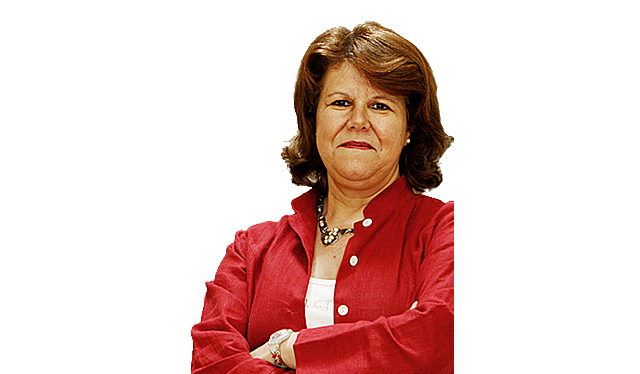In an episode of the series doctor. Casa, LarThe famous doctor’s team faces a mystery: a young woman has been diagnosed with sleeping sickness even though she has never left the United States. As usual, House solves the problem using a case identified by a Portuguese researcher and published in the journal Instituto de Higiene e Medicina Tropical: the patient contracted sleeping sickness through sexual transmission, rather than the bite of an infected mosquito.
History was recalled by João Neto, Director of the Museum of Pharmacy, one of our museums’ most valuable treasures, in a panel dedicated to “Portuguese as the Language of Science”, as part of the meeting Flag 22 held last week in Lisbon. Promoted by the Foundation for Science and Technology (FCT) in collaboration with Ciência Viva, this year’s slogan was Building the future with science. The program included 6 plenary sessions and 66 thematic sessions, to be a space for discussion and interaction not only among researchers, but also between entrepreneurs, students and the general public.
The debate on the languages of science has been lively and controversial, because it is a complex subject that, for this very reason, requires answers in the plural. That same week, a study promoted by the OEI and Real Instituto Elcano was launched in Lisbon, titled Portuguese and Spanish in Science: Notes for Diverse and Accessible Knowledgeauthored by researcher Angel Badillo, and prepared with contributions from representatives of national agencies, researchers, repositories, and science editors.
episode doctor. Casa, Lar It can lead to the simplest and most obvious answer: if the publication was not in English, it would not be known, in this case by the producers of the series, but above all by other researchers, making possible basic scientific dialogue.
Spanish and Portuguese represent more than 800 million speakers (…), 11% of the world’s population, but only 1% of scientific production globally indexed is published in these two languages.
However, the above study raises other equally crucial questions that intersect with the question of science languages. First of all, the trend toward monolingualism in science tends to create a separation in worldviews, as well as impede the contribution of scholars (and there are many) who do not speak English. On the other hand, at a time when science is becoming increasingly central to our daily lives, as the pandemic has shown, it is important that it reaches citizens, especially new generations, and also contributes to strengthening scientific vocations at a global level. It is also for this reason that it is so important to disseminate science in several languages and not only in English, which expands the possibilities of engaging scientists and the public.
Last November, UNESCO approved a Recommendation on Open Science, “a comprehensive concept that brings together various movements and practices aimed at making scientific knowledge accessible, accessible and reusable for all, and increasing scientific cooperation and information exchange for the benefit of all science and society, and open up the processes of creating, evaluating and transferring scientific knowledge to actors in society outside the traditional scientific community.” Also recommend to promote Diversity in references (Scientific production has been practically curtailed to the disappearance of articles and books) Multilingualism is encouraged in science practice, in scholarly publications, and in academic communications. It is a proposal that alters many established pathways, with implications even in university job evaluation, and offers a necessary reflection without ceasing to complicate.
Spanish and Portuguese together represent more than 800 million speakers of two closely related languages, 11% of the world’s population, but only 1% of globally indexed scientific output is published in these two languages. As suggested by Elvira Fortunato, Minister of Science, Technology and Higher Education, at the launch session of the Study of Portuguese and Spanish in Science, it is important to take advantage of the dimension of this community and to strengthen networks of scientific cooperation. But, as was highlighted in the discussion, it is also necessary to invest in machine translation tools using artificial intelligence, with an emphasis on developing language technologies. In this way, the goal of producing science in one language and spreading it in all languages that make it more participatory can be achieved. We will all win, and above all else, diversity and the right to science will triumph.
Director in Portugal of the Organization of Ibero-American States

“Hardcore beer fanatic. Falls down a lot. Professional coffee fan. Music ninja.”







More Stories
Are you addicted to memes? Understand how “Brainrot” can steal your attention and harm your life.
Scientists pave the way for the emergence of a new element in the periodic table | World and Science
Science Backs Yoga’s Benefits for Women Who Want to Live Longer